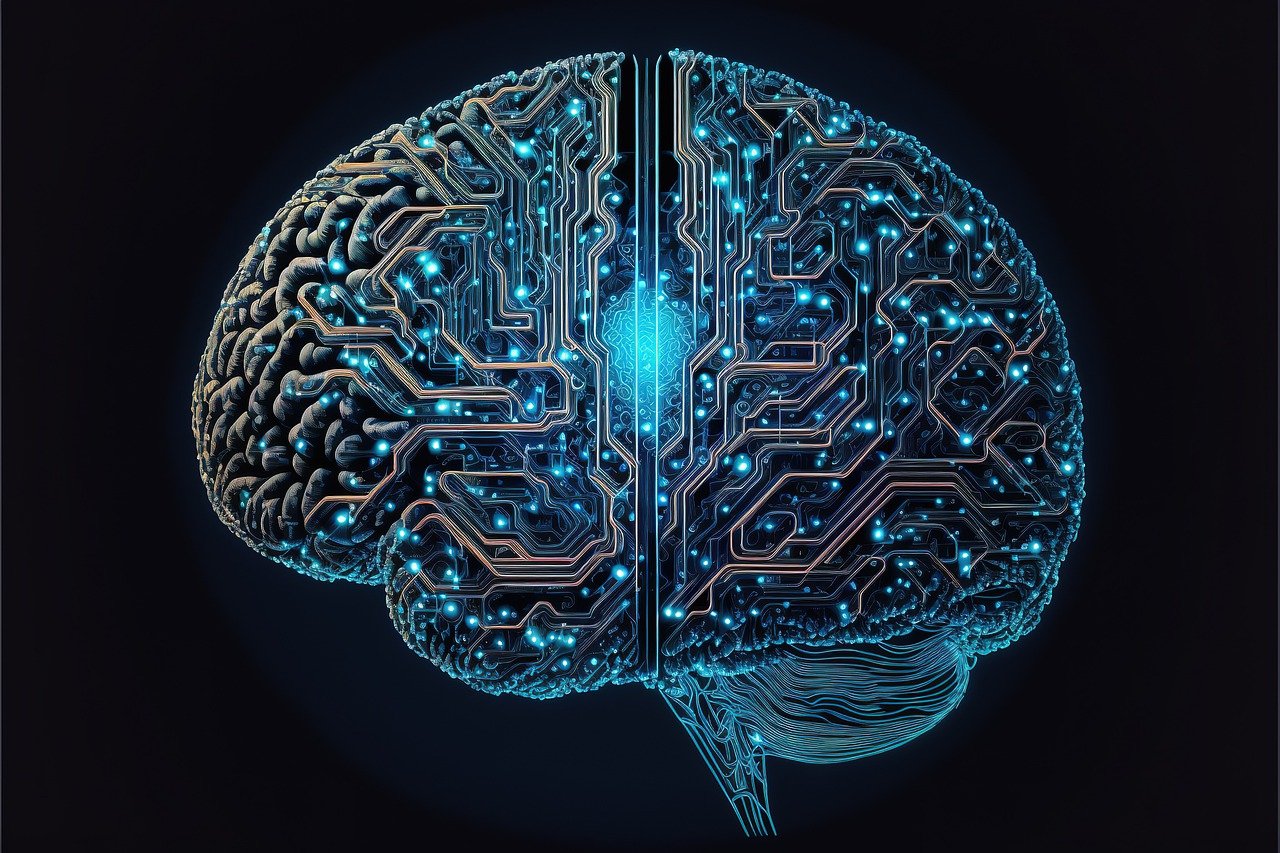News release
From:
(Ir)rationality and cognitive biases in large language models
Do large language models (LLMs) display rational reasoning? To answer this question, we take tasks from cognitive psychology that were designed to show that humans often reason in irrational ways and apply these tasks to seven LLMs. We find that these models also often answer the tasks incorrectly. However, they frequently make mistakes that humans do not, especially when there are calculations involved. We find an additional layer of irrationality in the way the LLMs respond to the tasks: when asked the same question several times, there is significant inconsistency in the answers given.
- Just give me a reason – Large language models (LLMs) can show irrational reasoning and frequently make mistakes that humans do not, especially when calculations are involved. Seven LLMs were prompted with tasks from cognitive psychology literature. The same model responded with correct, incorrect, human-like and non-human-like responses when the same task was repeated. GPT-4 gave the most logical, human-like responses, whereas Llama 2 only gave human-like responses in 8.3% of cases and refused to answer in 41.7% of cases. Royal Society Open Science



 International
International



